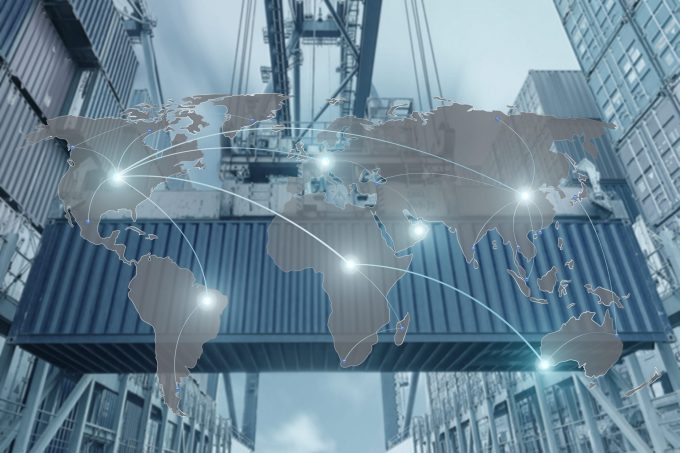MSC to launch new Oceania-US east coast Eagle service next year
Australian and New Zealand exporters to North America are set to get the second direct ...

Industry experts believe cash-rich carriers, now seeing contracting demand, are set to fight over diminishing cargo volumes as the pandemic eases.
They will resort to finding unique selling points, which could see them turn to track and trace solutions.
Recently, Hapag-Lloyd began to fit tracking and telemetry ...

Comment on this article